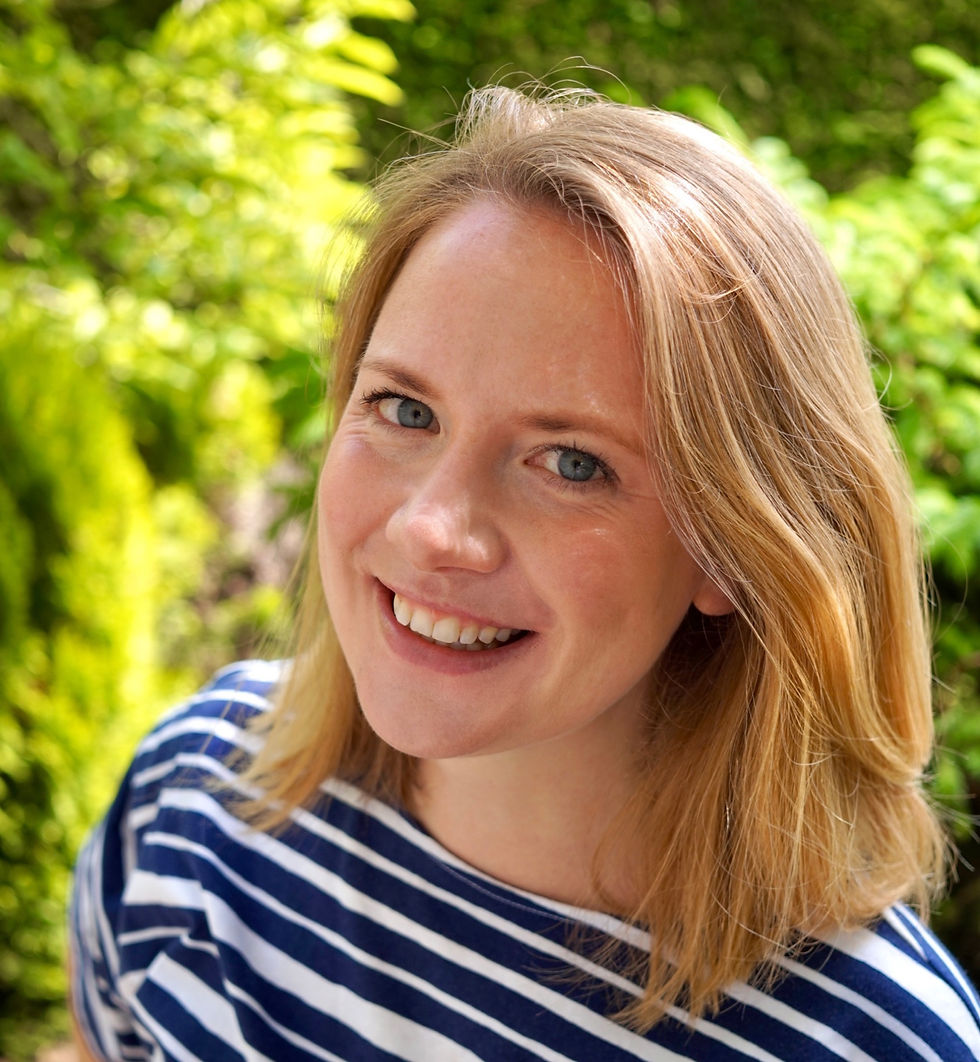What is the Maths of Self-Compassion?
- Dec 24, 2021
- 2 min read
Updated: Aug 11, 2023

Here’s some maths that makes sense in everyday life! Compassion Focused Therapy (CFT) defines compassion as having two components:
The ability to be sensitive to distress or suffering: to recognise the signs, and to tolerate and engage with them in a non-judgemental way.
Taking actions to alleviate or prevent distress or suffering - these may be soothing actions (like a parent cradling a child), courageous actions (like a fireman saving a child from a fire), or long-term small-steps behaviour change.

It’s easy to see how we naturally follow both of these steps when we feel compassion for others isn’t it? But the definition also applies to self-compassion - which we often find more difficult.
It can be reassuring to break it down and see we already possess the skills needed to be able to turn compassion towards ourselves, even if they need a little practice.
It’s also clear from this definition that self-compassion is not somehow wishy-washy… it requires great bravery and tenacity to engage with our suffering in a non-judgmental way, and then to take wise actions to do something about it, rather than avoiding it. These actions could be gentle, or fierce, or even boringly persistent.
Self-compassion and all three human systems

Self-compassion isn’t just about activating our Soothing system, which is the system a lot of us find harder to access.
It requires the participation of the Drive and Threat systems too - which tend to be more fully developed. Maybe knowing this can help us feel more confident in our self-compassionate skills.

Let me know what you think about this equation of (self) compassion. Does it help to break it down?

I'm Dr Jo Mueller, a British clinical psychologist specialised in working with parents around parenting and mental health, and neurodivergence.
You can follow me on Instagram @drjothepsychologist for regular tips for parents.
You can follow me and my colleagues @theneurodiversitypractice for more neurodiversity content for parents.
If you'd like to work with me 1:1, you can book a free 15 minute consultation here.
If you are interested in learning more about how and why self-compassion is important to us as parents, AND how we can grow our ability to be kind to ourselves, check out the Guilty Parent Club. See you there!




Comments